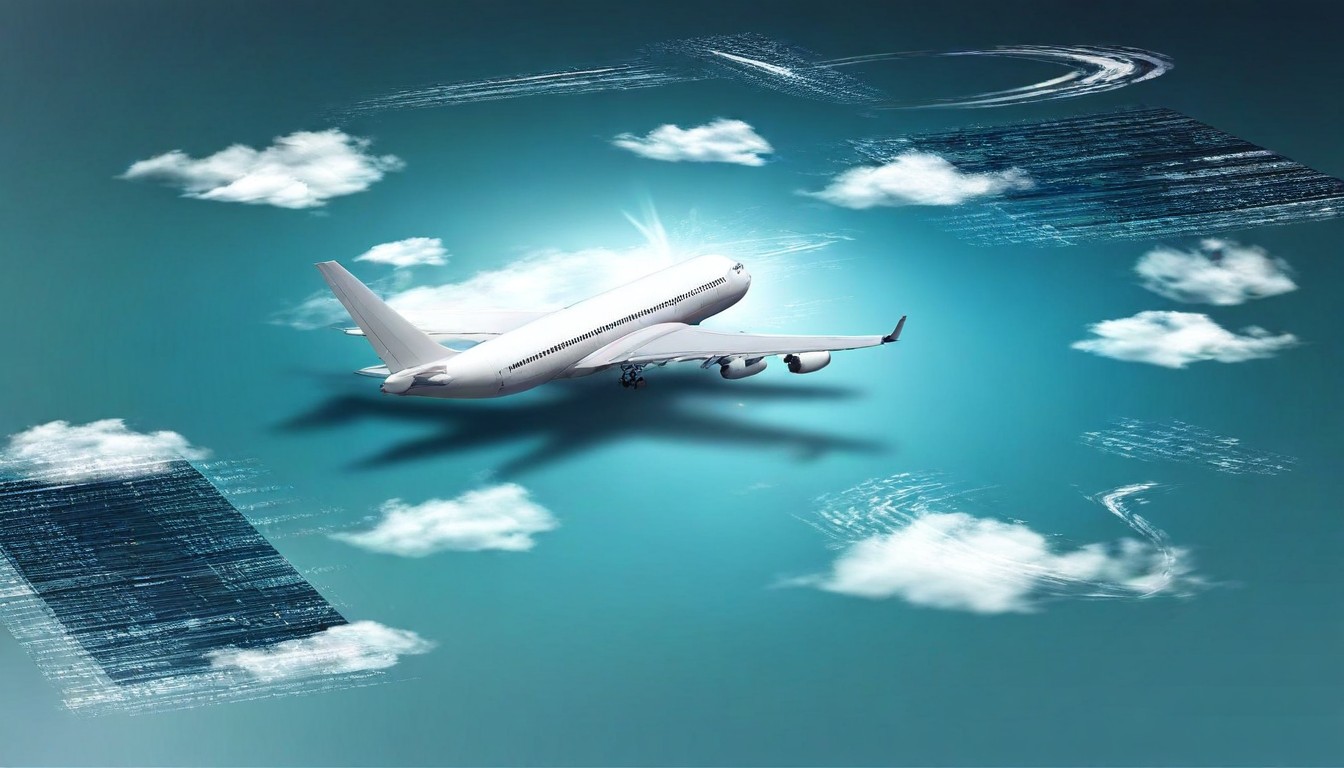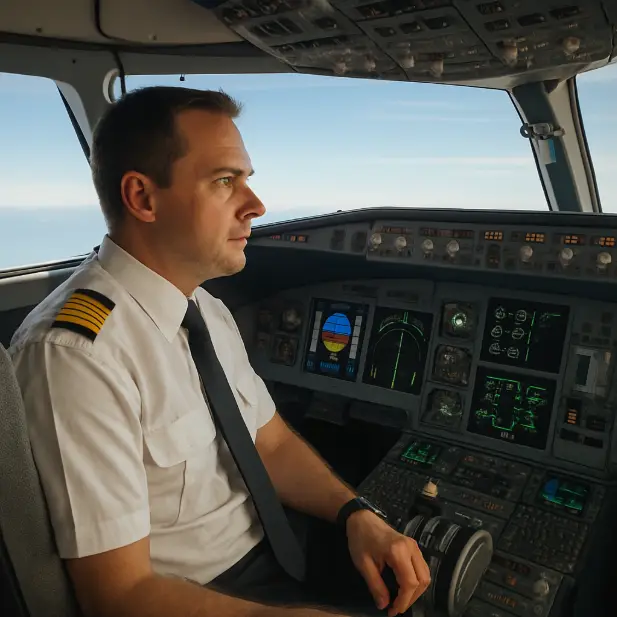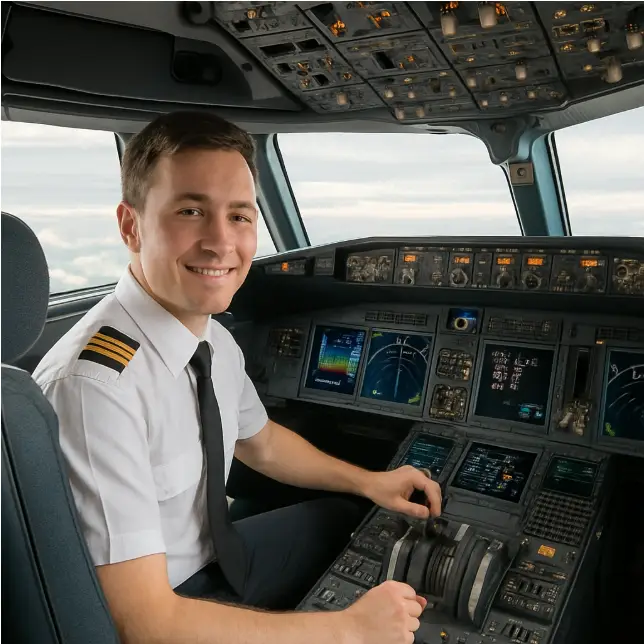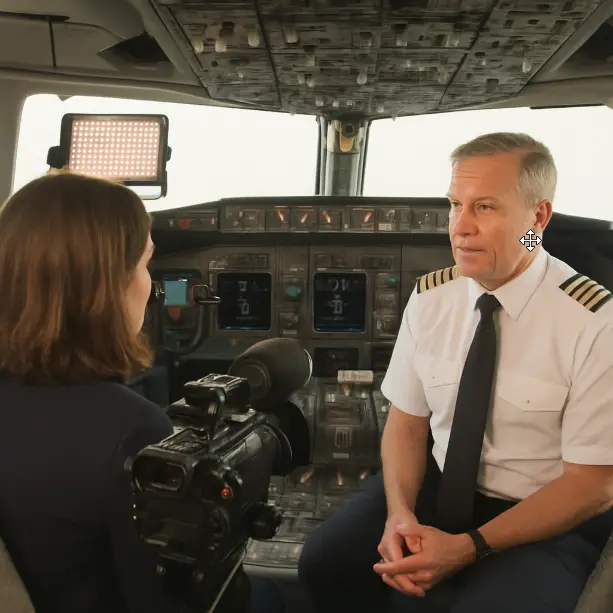The Benefits of Adaptive Learning in Pilot Training

- aviatorpro_6714
In the ever-evolving world of aviation, staying current with training methods is crucial. As technology advances, so do the ways we train pilots. One of the most significant advancements in recent years is the introduction of adaptive learning in pilot training. But what exactly does this mean, and how can it benefit future pilots? In this article, we explore the impact of adaptive learning on aviation education and why it’s becoming a preferred method in pilot training programs worldwide.
What Is Adaptive Learning?
Adaptive learning is a personalized educational approach that uses technology to adjust the learning experience based on the individual’s needs. Unlike traditional methods, which often follow a one-size-fits-all model, adaptive learning systems assess a learner’s performance in real-time and tailor the instruction to suit their strengths and weaknesses. This ensures that learners spend more time on areas where they need improvement, making the education process more efficient and effective.
The Role of Technology in Pilot Education
Technology plays a pivotal role in modern pilot education, and adaptive learning is a prime example. With the help of sophisticated algorithms and data analytics, adaptive learning platforms can monitor a trainee’s progress and adjust the content accordingly. This means that pilots can receive a customized training experience that aligns with their unique learning pace and style.
Advantages of Adaptive Learning in Aviation
Personalized Learning Experience
One of the most significant benefits of adaptive learning in aviation is the personalized learning experience it offers. By catering to the individual needs of each pilot, adaptive learning ensures that trainees are neither overwhelmed nor under-challenged. This approach can lead to improved retention rates and a deeper understanding of complex aviation concepts.
Increased Engagement and Motivation
Adaptive learning often incorporates interactive elements, such as simulations and gamified content, which can enhance engagement and motivation. When learners are actively involved and interested, they are more likely to absorb and retain information. This is particularly important in pilot training, where understanding and remembering detailed procedures is critical.
Efficient Use of Training Time
In traditional training settings, all students progress at the same pace, regardless of their individual strengths and weaknesses. Adaptive learning changes this dynamic by allowing students to focus on areas where they need the most improvement. This efficient use of time can accelerate the training process, enabling pilots to complete their education more quickly without sacrificing quality.
Online Pilot Training Benefits
The integration of adaptive learning in online pilot training offers several benefits that are worth noting:
Flexibility and Convenience
Online training platforms equipped with adaptive learning capabilities offer unparalleled flexibility. Trainees can access their courses at any time and from anywhere, making it easier to fit training into their busy schedules. This convenience is particularly beneficial for pilots who may have irregular work hours or other commitments.
Cost-Effectiveness
By reducing the need for physical classrooms and resources, online adaptive learning can be a more cost-effective solution for pilot training programs. Additionally, the ability to complete training more quickly can translate into cost savings for both trainees and training institutions.
Comprehensive Feedback
Adaptive learning platforms provide comprehensive feedback, which is essential for pilot training. Trainees receive instant feedback on their performance, allowing them to understand their mistakes and learn from them in real-time. This immediate insight is invaluable in helping pilots improve their skills and build confidence.
Modern Pilot Training Methods
Incorporating adaptive learning into pilot training is part of a broader trend towards modernizing aviation education. Here are some other modern methods that are transforming the way pilots are trained:
Virtual Reality (VR) and Augmented Reality (AR)
Virtual reality and augmented reality technologies are increasingly being used in pilot training to create immersive learning environments. These technologies allow trainees to practice real-world scenarios in a safe, controlled setting, enhancing their decision-making skills and situational awareness.
Simulation-Based Training
Simulators have long been a staple in pilot training, but modern simulators equipped with adaptive learning features take this to a new level. These simulators can adjust scenarios based on a pilot’s performance, providing a more dynamic and responsive training experience.
Blended Learning Approaches
Blended learning combines traditional face-to-face instruction with online learning components. This approach allows pilots to benefit from the best of both worlds, receiving hands-on experience while also engaging with adaptive learning tools online.
Challenges of Implementing Adaptive Learning
While the benefits of adaptive learning are clear, implementing this approach in pilot training does come with its challenges:
Technical Infrastructure
To support adaptive learning, institutions need to invest in the necessary technical infrastructure. This includes robust learning management systems and reliable internet connectivity, which can be a barrier for some training centers.
Instructor Training
Instructors need to be trained to effectively use adaptive learning tools and interpret the data generated by these systems. This requires an investment in professional development to ensure that instructors can fully leverage the potential of adaptive learning.
Curriculum Development
Developing a curriculum that integrates adaptive learning requires careful planning and coordination. Training programs must be designed to align with regulatory standards while also incorporating the flexibility and personalization that adaptive learning offers.
The Future of Adaptive Learning in Pilot Training
As technology continues to evolve, the potential for adaptive learning in pilot training will only grow. Future developments may include even more sophisticated algorithms and the integration of artificial intelligence to further personalize the learning experience.
Adaptive learning represents a significant shift in how pilots are trained, offering a more tailored, efficient, and effective approach to aviation education. By embracing these modern methods, the aviation industry can ensure that pilots are well-prepared to meet the challenges of today’s complex flying environments.
In conclusion, adaptive learning is not just a trend—it’s the future of pilot training. By incorporating this innovative approach, aviation education can become more accessible, effective, and engaging for the next generation of pilots. As we continue to explore the possibilities of adaptive learning, the sky’s the limit for what we can achieve in pilot training.



